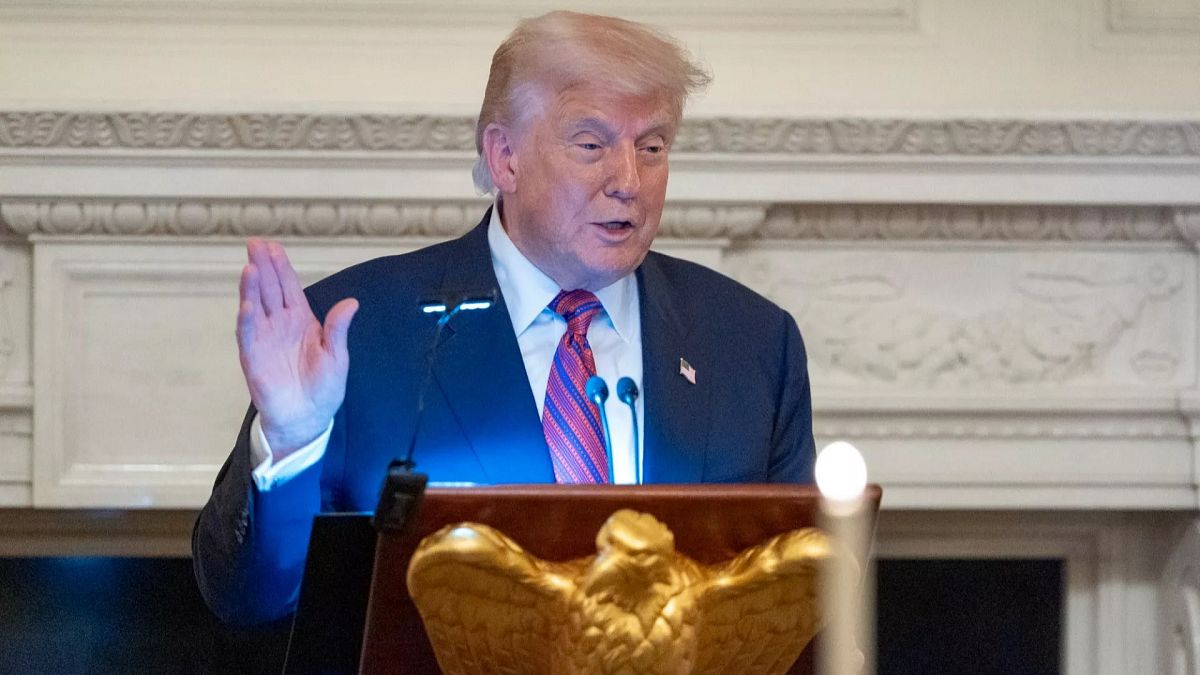

In a world of rapid changes and challenges, global leaders are focusing their efforts on diplomacy and dialogue. Recent developments have highlighted significant actions from influential nations and international bodies, aiming to address ongoing crises while promoting peace and stability.
A call for peace emerged robustly as foreign ministers from 28 countries, including several European nations, Canada, Australia, and New Zealand, united in a plea for an immediate ceasefire in the Gaza Strip. This concerted request underscores the urgency of halting the ongoing conflict to alleviate human suffering and restore peace in the region. This appeal aligns with increasing concerns from humanitarian organizations and international bodies, urging the protection of civilians and the provision of essential aid.
In a related development, the Israeli military launched a ground operation into the Gaza city of Deir al-Balah. This escalation follows a series of air strikes on one of the remaining unaffected areas in the region. The situation has generated intense global discourse, highlighting the need for both immediate and long-term resolutions to prevent further casualties and ensure humanitarian access.
Amid these tensions, the United Nations has painted a harrowing picture of the conditions in Gaza, describing it as a dire humanitarian crisis. Reports indicate that individuals, including healthcare workers, journalists, and volunteers, are coping under extreme conditions, with incidents of malnutrition and hunger among the population becoming increasingly severe. The UN appeals for urgent measures to be implemented to deliver necessary aid and relief to those affected.
Turning to the backdrop of Iran’s nuclear negotiations, dialogue remains a critical component as Iran prepares for discussions with Russia and China before engaging with European powers. This trilateral meeting forms part of a broader strategy to address nuclear activities and the potential reimplementation of international sanctions. This landscape is made complex by recent U.S. actions, with President Donald Trump emphasizing the readiness to strike again if deemed necessary, reflecting a posture of deterrence amidst diplomatic exchanges.
The international community remains attentive to Iran’s engagement with the E3 nations—France, Germany, and the United Kingdom—anticipating possible advancements in nuclear diplomacy. The outcomes of these discussions will significantly impact regional stability and international relations, illustrating the delicate balance of power and negotiation.
Meanwhile, within Ukraine, internal security matters have come to the forefront as the nation’s security service conducted over 70 searches and arrested individuals involved in anti-corruption amidst allegations of links to the Kremlin. This development emphasizes Ukraine’s ongoing commitment to addressing corruption and maintaining sovereignty, crucial for its governance and international credibility.
As these narratives entwine, they paint a picture of a world navigating complex political landscapes and humanitarian responsibilities. Through diplomatic efforts, dialogues, and humanitarian appeals, the global community continues to strive for stability, peace, and an equilibrium that honors human dignity and collaborative progress. Such endeavors remind us that even amid challenges, shared objectives and proactive diplomacy can pave the way towards a more harmonious and secure future.
Source: {link}
